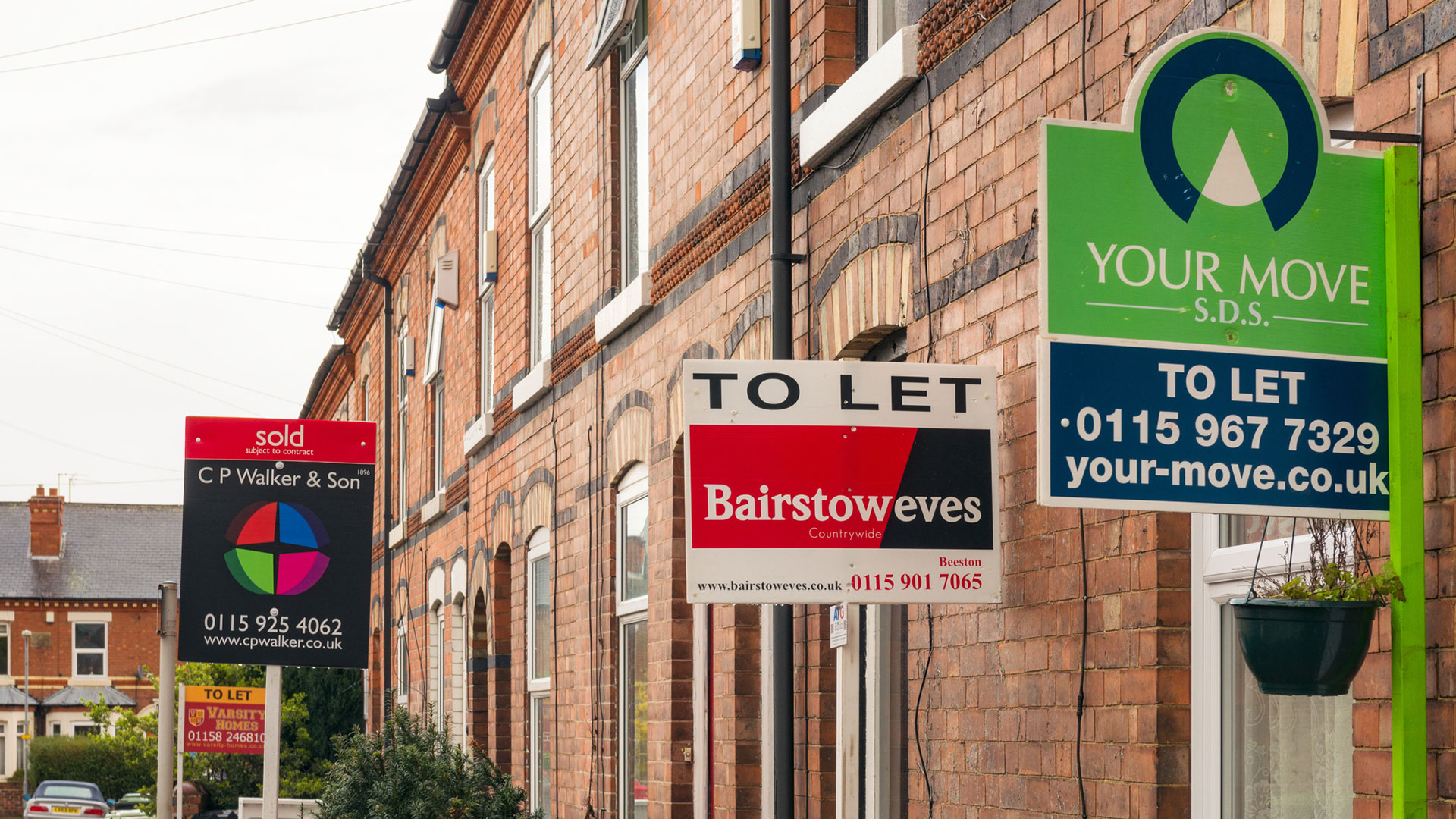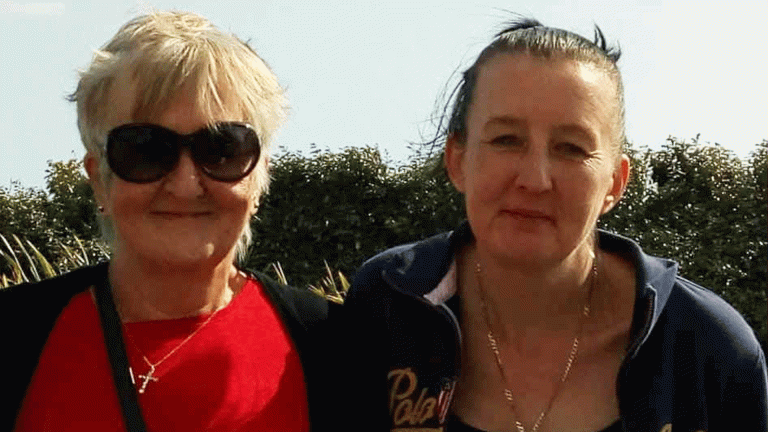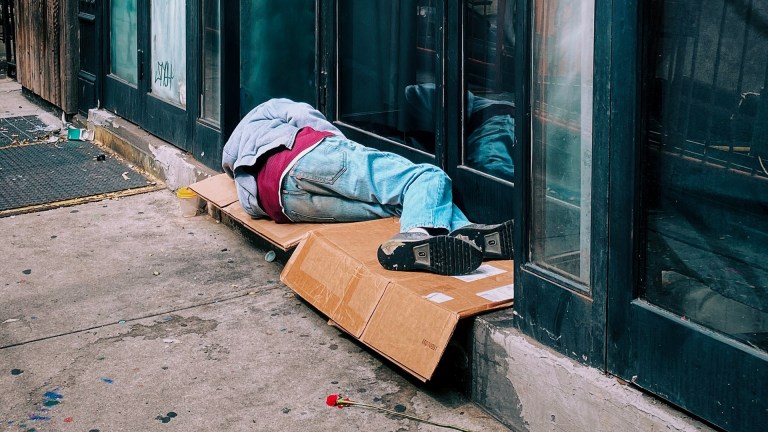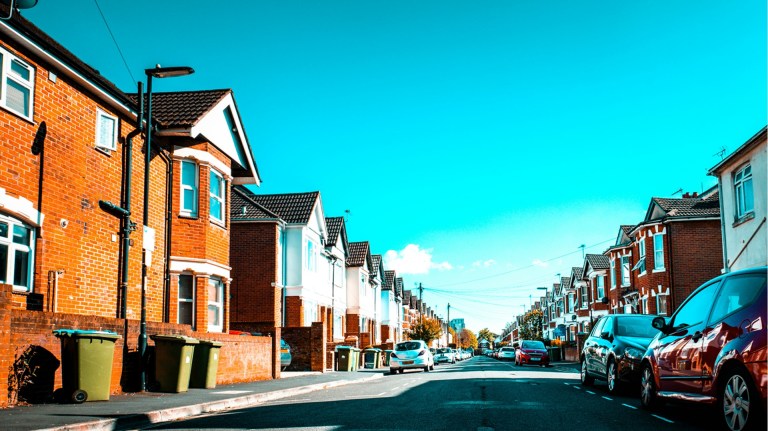Renters have greater access to social security support than those with mortgages, but are struggling to find outside support to cope during the coronavirus outbreak. However one in seven home owners have applied for a mortgage holiday and the “vast majority” have been accepted.
But just 10 per cent of private renters have asked landlords for a rent reduction during the crisis, and only half said yes. The figures suggest landlords who secure mortgage relief are not always passing the savings on to tenants.
Lindsay Judge, principal research and policy analysts at the Resolution Foundation, said: “Britain already had a huge housing divide before coronavirus struck, and the current economic crisis has only widened that gap.
“People living in private rented accommodation have found it harder to meet their housing costs than homeowners in recent months, and harder to negotiate reductions in those costs. The result is that a quarter are cutting back on other spending, in many cases on essentials, to cover their rent during this crisis.
“Policy makers need to recognise that, while the 1990s recession was infamously most severe for the UK’s home owners, this recession is biting hardest for renters.”
The Health Foundation, who supported the study that surveyed more than 6,000 UK adults, said the housing cost squeeze meant many one in four people in privately rented homes was now being forced to cut back on essentials like fresh fruit and vegetables in order to keep up with their housing bills.
Advertising helps fund Big Issue’s mission to end poverty
Many younger renters have also reported having to move house as they could no longer pay rent in full, with more than 60 per cent of those forced to leave their homes having to move back in with their parents.
Meanwhile analysis by rental market tech firm Goodlord found tenants were being hit hardest by the economic shutdown with an estimated 300,000 renters feared plunged into rent arrears.
Current measures brought in by the government to mitigate the crisis have boosted local housing allowance and mean it’s illegal to evict renters for missed payments, but that protection runs out on June 25 – legislation which must be extended to prevent renters being made homeless, experts are warning.
Campaign group Generation Rent said: “The Government have asked landlords to show ‘compassion’ and work with tenants to accommodate their circumstances, but renters have told us that this is not happening.”
And Living Rent, Scotland’s tenants’ union, has made a rent negotiation toolkit available for members in need of getting their rent down, agree non-repayable reductions and rent suspensions until they can secure sufficient income.
Advertising helps fund Big Issue’s mission to end poverty
These figures back up the stark warning from the District Councils’ Network, a member group representing 191 district councils in England, who said more than 500,000 people could face economic disaster as a result of the pandemic.
With 486,242 households spending more than half their earnings on private rented accommodation, thousands could be put at risk of homelessness when the evictions ban ends in England.
And frontline workers on low wages are likely to be even more at risk.
At The Big Issue, we have been calling for future planning to be part of the overarching role of public and private bodies working towards the greater good, and we are asking for assurances for the 500,000 who could face being forced onto the streets.
In this week’s magazine, we speak to some of the individuals and those public bodies involved in the next step of ending rough sleeping for good.





